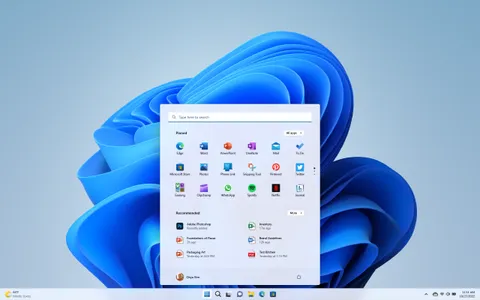It’s no secret that many PC owners have opted to stick with Windows 10 rather than upgrade to Windows 11. One primary reason for this reluctance has been the TPM 2.0 (Trusted Platform Module) requirement, which many older PCs do not meet. While several bypass methods have surfaced allowing users to circumvent this requirement, Microsoft has recently closed one of the most popular loopholes in a new beta version of Windows.
Understanding TPM 2.0
TPM 2.0 is a small security chip on the motherboard that creates cryptographic keys necessary for encrypting the contents of a PC’s storage drives. If your PC was built or purchased within the last eight years, it likely includes this chip. However, many older systems do not have TPM 2.0, making them ineligible for a Windows 11 upgrade. This has led to millions of users staying on Windows 10 or seeking ways to bypass the requirement.
The Popular Bypass Method
One widely-used method for bypassing the TPM 2.0 requirement involved applying a /product server argument to the setup execution file, effectively tricking Windows 11 into recognizing the PC as a server. This simple workaround allowed many users to install Windows 11 on non-compliant hardware. However, as discovered by user Bob Pony via Tom’s Hardware, Microsoft has blocked this method in a recent Windows Insider build.
The recently released Windows 11 Insider Build 27686 (Dilithium) has patched the "setup.exe /product server" workaround for bypassing the system requirements check. 😢 pic.twitter.com/G9Q1v3O1uU
— Bob Pony (@TheBobPony) August 15, 2024
Implications for Windows Users
This recent block is only in a Windows Insider program version, meaning users who currently run Windows 11 on non-compliant hardware using the product server method remain operational for the time being. However, it is likely only a matter of time before this block is rolled out in a standard Windows update. At that point, systems using the blocked method may no longer function correctly.
Conclusion
Microsoft’s consistent efforts to reinforce the TPM 2.0 requirement indicate their commitment to increasing the security standards of Windows 11. While this may present challenges for users with older hardware, it underscores the importance of keeping systems secure and up-to-date. Users should prepare for potential future updates that may further limit non-compliant hardware’s ability to upgrade to Windows 11.

